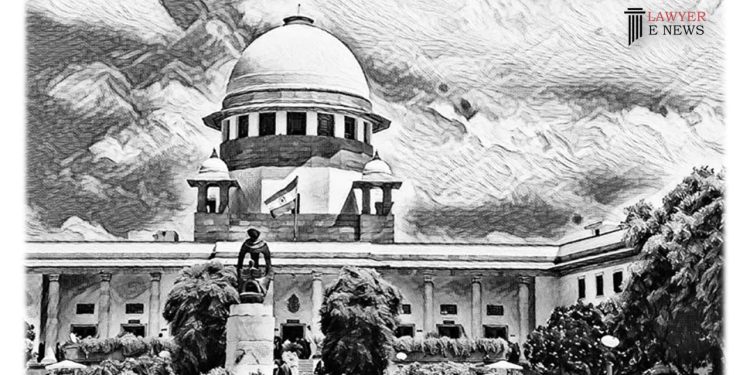-
by sayum
16 February 2026 6:35 AM



In a recent landmark judgment, the Supreme Court of India has strongly criticized the High Court’s erroneous application of Order VII Rule 11 of the Code of Civil Procedure, 1908 (CPC). The apex court highlighted the misapplication of principles governing the rejection of plaints and the impermissible partial rejection of the plaint in the case of Kum. Geetha v. Nanjundaswamy & Ors.
The Supreme Court, in its observation, stated, “The High Court’s error in rejecting the plaint in part is contrary to well-established principles.” The judgment in this case revolves around a property dispute concerning joint family properties, with allegations of nominal sale deeds and reconveyance practices.
The Court emphasized the importance of scrutinizing the plaint for disclosure of a cause of action and strict adherence to the mandatory nature of Order VII Rule 11, CPC. It stressed that the court’s duty is to examine the entire plaint and not pre-judge the facts, which the High Court had done erroneously.
The judgment also referred to previous Supreme Court decisions, stating, “A plaint can either be rejected as a whole or not at all, but not in part.” This principle, upheld in prior judgments, reinforces the impermissibility of partial plaint rejection.
In light of the long pendency of the case since its institution in 2005, the Supreme Court has urged the Trial Court to expedite the trial process and dispose of the suit promptly.
This judgment serves as a significant reminder of the strict adherence required when considering the rejection of plaints under Order VII Rule 11, CPC, and the imperative to uphold the principles of justice and fairness in legal proceedings.
Date of Decision: 31 October 2023
KUM. GEETHA, D/O LATE KRISHNA & ORS. VS NANJUNDASWAMY & ORS.
